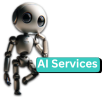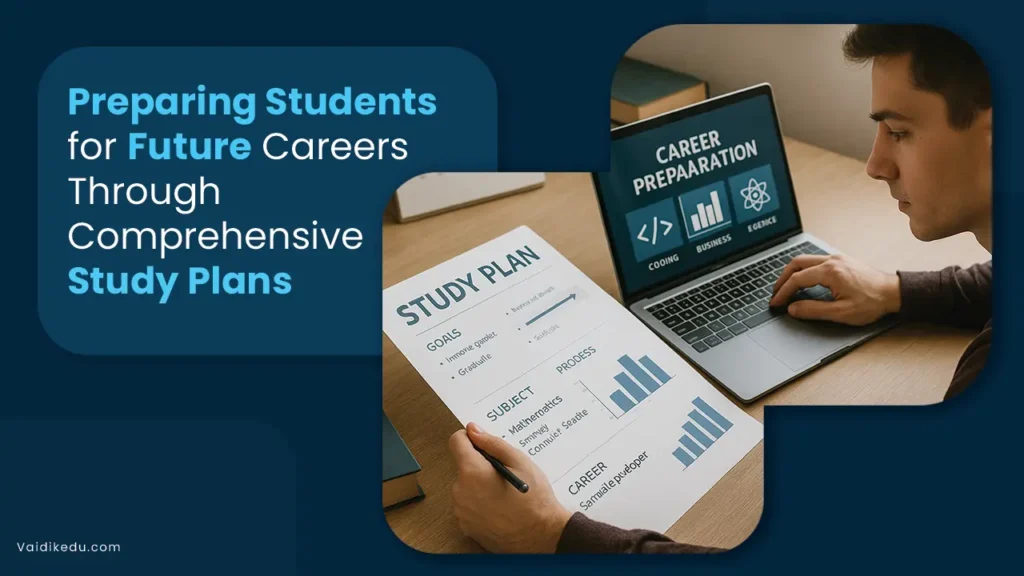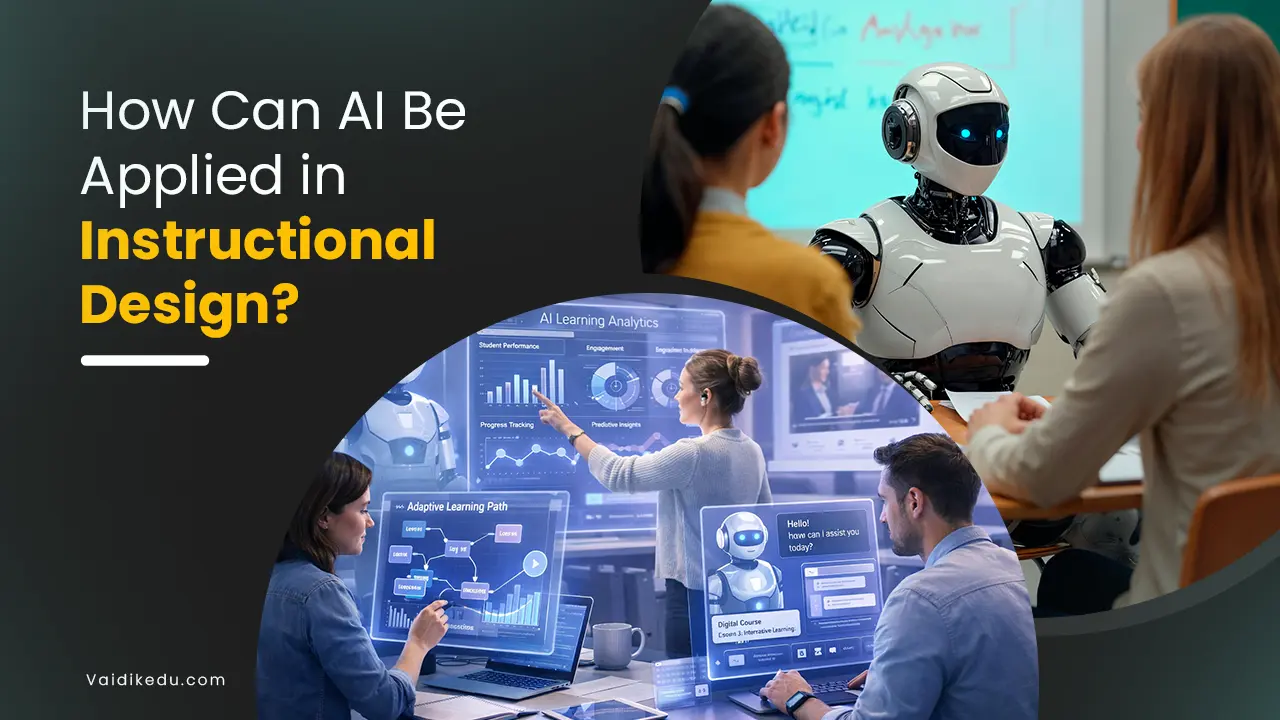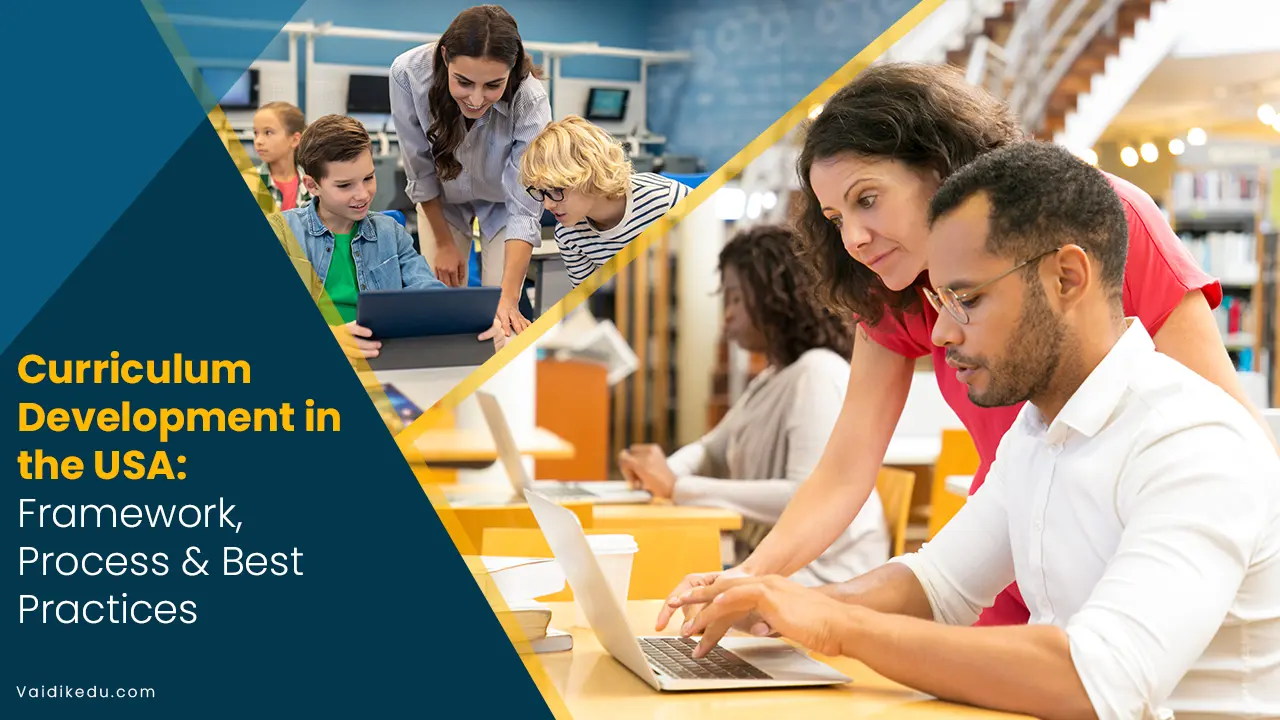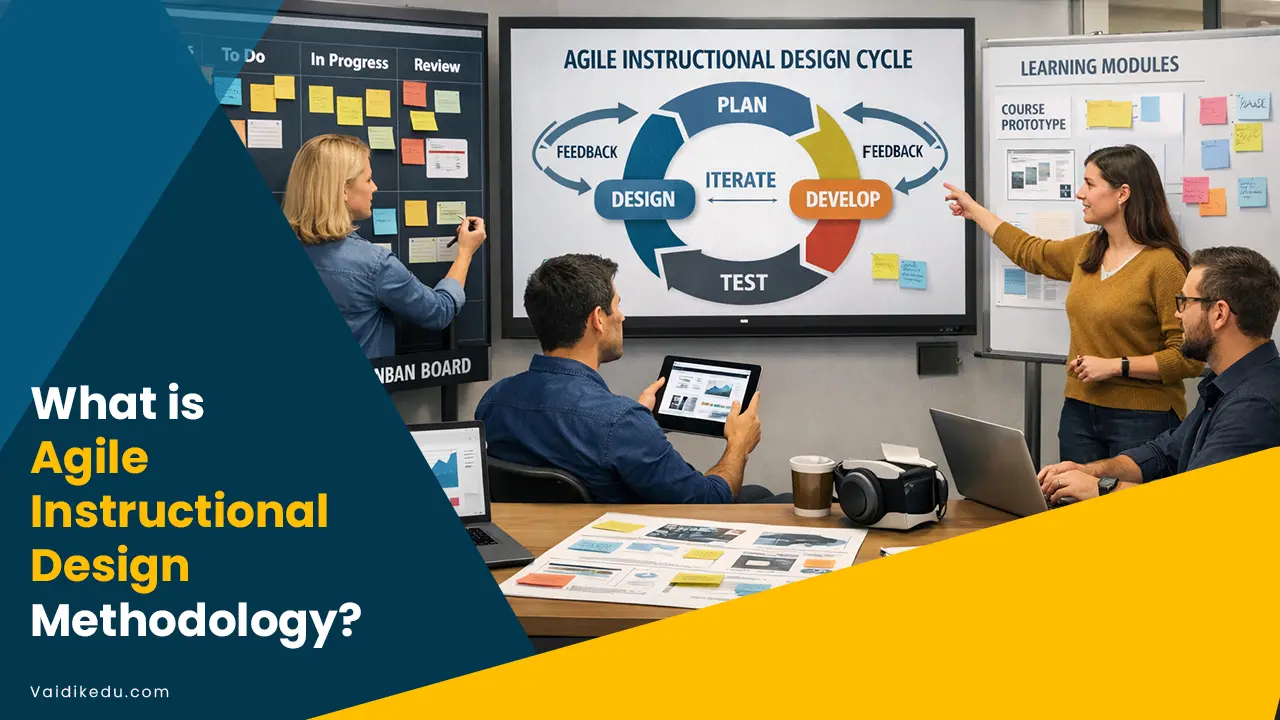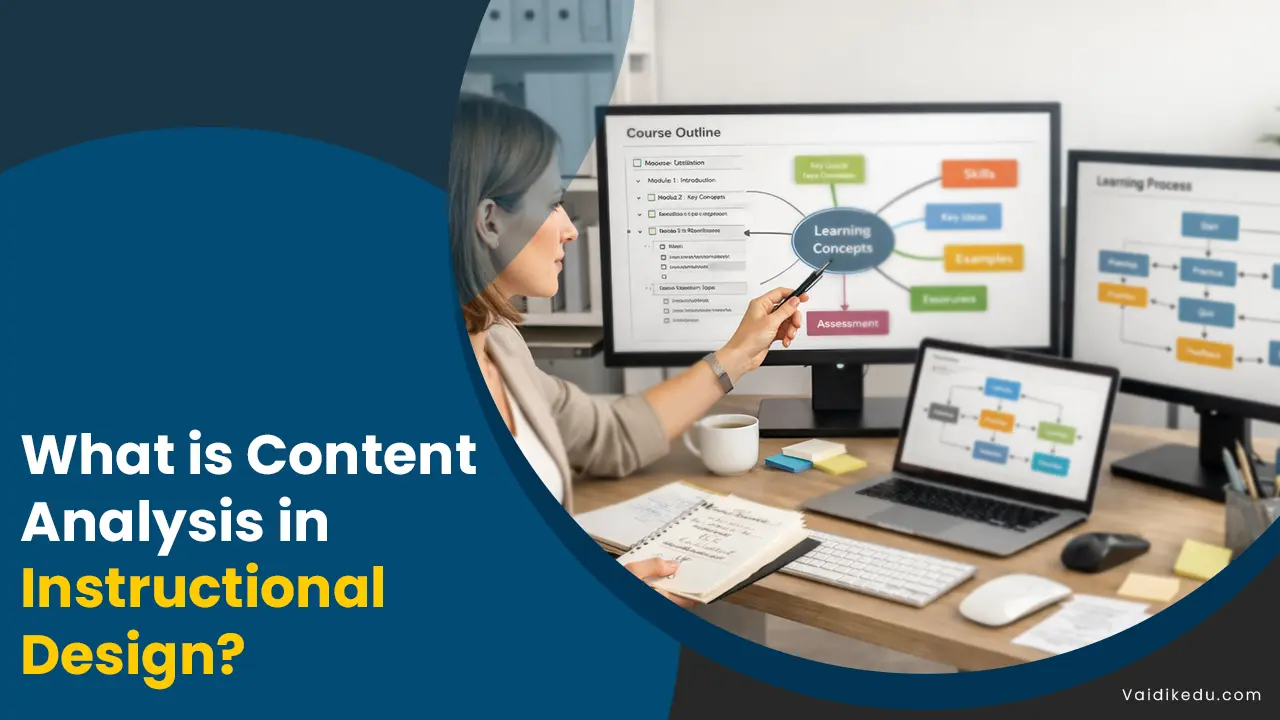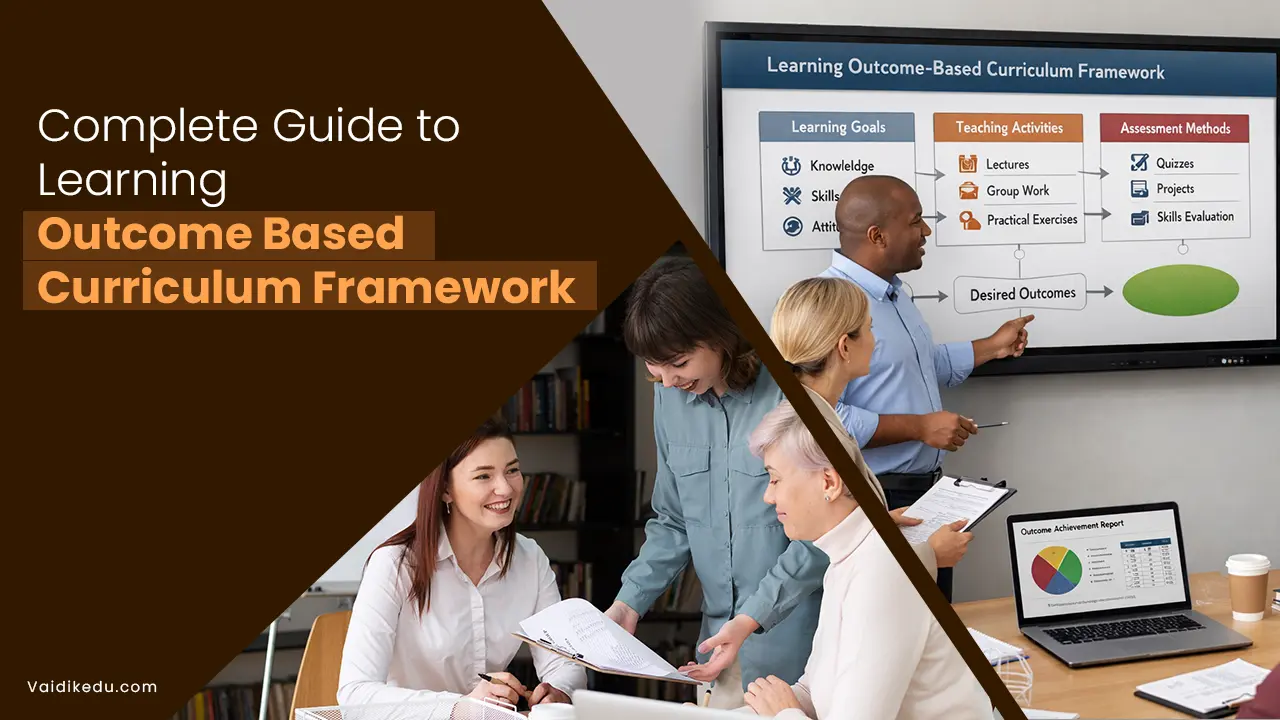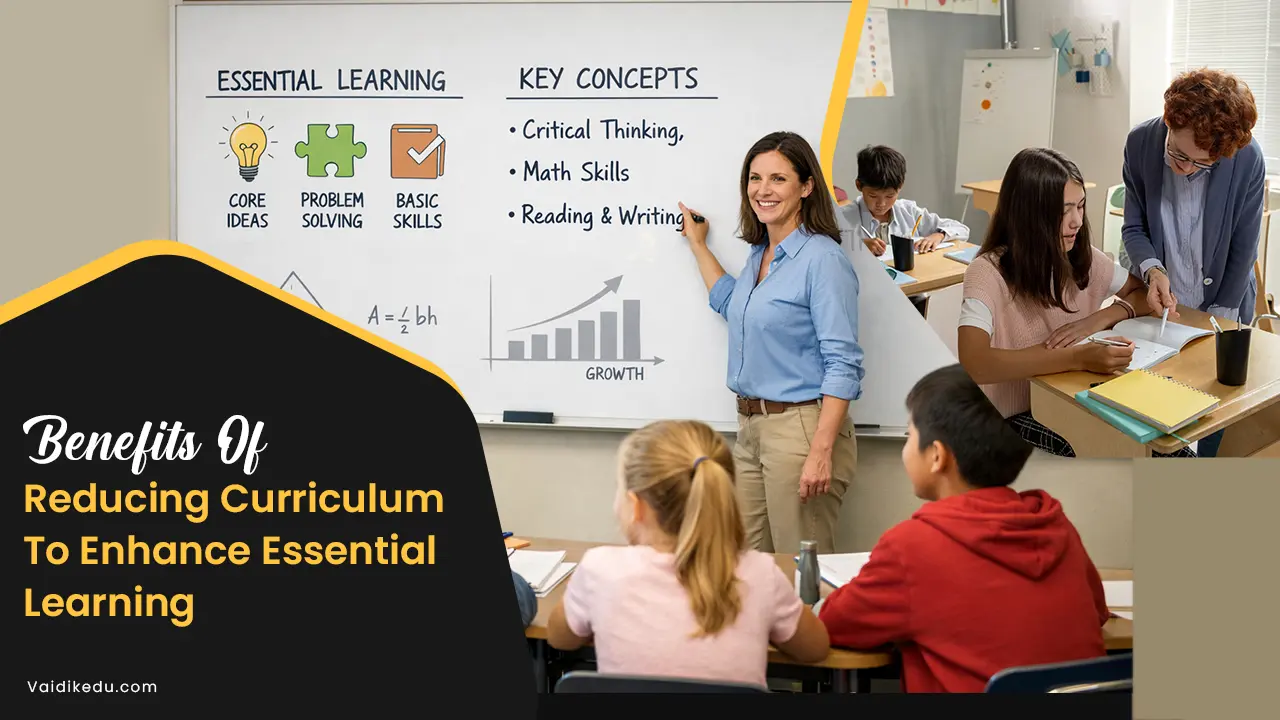Today is an evolving world; therefore, equipping the minds of tomorrow with the skills required to handle future careers is not nearly enough to attain excellent grades. Development, technology, emergence of new industries and dynamics of the world economy redefine skills and knowledge for survival in the contemporary workplace.
This has enabled the owners of educational institutions to equip students with practical, adaptable, and future-focused skills and subject expertise.
A detailed study plan helps students map their academic careers and connect them to their career aspirations. It bridges the knowledge gap between abstract theories and concrete applications in daily life, better preparing students for the numerous challenges they will encounter in their chosen careers.
Educators can prepare students for the future job market’s unpredictability by teaching critical thinking, creativity, cooperative work, and adaptability in problem-solving situations.
The Role of Technology:
This establishes an apex framework to design future careers around technology. Most professions require digital skills, shared programming knowledge and familiarity with new technologies, such as Blockchain, Cloud Computing and the Internet of Things.
Furthermore, the gig economy and remote work are changing where and how work is done, making it necessary to develop skills in virtual collaboration, digital communication, and self-management.
- Emerging Industries And Opportunities: Artificial intelligence robotics, renewable energy, healthcare, and data science are some of the emerging industries that have new roles and opportunities. There is a growing demand for AI specialists, data analysts, sustainability managers, and biotechnology researchers.
Simultaneously, the traditional fields of education, marketing and finance are being transformed by automation and digitalisation, and professionals must continuously upskill.
- The Role of Technology: Technology will be crucial in forming future careers. Basic digital literacy programming, knowledge, and exposure to evolving technologies such as Blockchain and cloud computing will be hallmark features of most occupations.
In addition, remote work and the gig economy are redefining how and where people work, requiring skills in virtual collaboration, digital communication, and self-management.
- The Growing Importance of Soft Skills: Whereas technical skills are expected, employees are beginning to place much more value on soft skills, including emotional intelligence, adaptability, creativity, and problem-solving.
These skills enable them to work in collaborative teams to solve specific problems and contribute creatively to their organisations. The ability to think critically and communicate effectively will distinguish successful professionals as the redundant series of tasks are automated.
- Globalisation And Cultural Competence: The workplace is more interconnected than ever due to globalisation. Therefore, it has become increasingly important to understand cultural differences, speak multiple languages, and possess a global mindset. Careers now require collaboration across borders, so cultural competence is essential.
These trends need to be recognised and adapted so we can equip our students with the essential tools for success.
The core of a comprehensive study plan should be technical and interpersonal skills, which always make students curious, adaptable, and proactive in their learning journey. Thus, we can help them build fulfillment and future-ready careers by knowing where the world is headed.
Components of A Comprehensive Study Plan:
A well-designed study plan will serve as a guide that leads students towards their academic objectives and eventual future careers. It encompasses necessary components that help to combine the entire scope of academic achievement with real-world career-oriented skills. The following elements are essential for an effective study plan:
1. Career Goals And Objectives: Students should have long-term career aspirations and short-term academic objectives. Breaking career goals into workable milestones would ensure steady progression. A well-structured plan considers the individual’s passions and strengths to create intrinsic motivation.
2. Identification of Core Subjects And Skill Areas: Concentrate on core subjects relevant to the career path selected. Bring technical skills such as coding, data, analytics, or designing, along with softer skills like communication and leadership. Encourage cross-disciplinary studies to build versatile and adaptable skill sets.
3. Incorporation of Practical Experience: This would include hands-on experience through internships, coma research and project-based learning. Industry-recognised certification workshops also increase the likelihood of being hired. Debate clubs, volunteering, and internship positions all help develop a student.
4. Balancing Academic And Extracurricular Activities: A sound time allocation system creates simultaneous opportunities for academic pursuits and personal endeavours. Stress is best handled via mindfulness, exercise and play to prevent burnout and mental health stability.
5. Emphasis on Lifelong Learning: Make students adopt the developing technologies and industries. Develop skills that empower students to deal effectively with complex, real-world problems. Teach the value of continuous improvement and resilience in the face of setbacks.
6. Monitoring Progress And Giving Feedback: The periodic assessments track the student’s academic performance in skill acquisition. Teachers com, parents coma and career counsellors provide valuable guidance towards attaining students’ goals. It ensures the plan remains relevant and practical, with adjustments according to progress.
7. Integration of Technology And Resources: Self-paced learning and skill enhancement through digital tools. Utilise apps for organisation time management and test preparation. Offer access to books, research papers and online courses to gain deeper learning.
A well-planned study combines structured academic preparation with personal and professional growth opportunities. It helps students gain the necessary tools and skills for achieving their career aspirations and instils a love for lifelong learning with this tailored plan. Educators and mentors can guide students towards successful and fulfilling futures.
Role of Teachers And Educators:
Teachers and educators will play a significant role in building the future by providing the students with knowledge, skills and values for personal and professional growth. In a comprehensive study plan, they provide the link between academic learning and career readiness. Below are the main contributions educators make to prepare students for their future careers:
Designing Career-Oriented Curriculum:
- Teachers design curriculum that align academic subjects with real-life applications to teach students relevant skills for their desired careers.
- The teacher will use industry trends, such as artificial intelligence or sustainability, to ensure students’ success in a competitive job market.
- The connection of various subjects helps to foster holistic learning and adaptability.
Encouraging Skill Development:
- Teachers give hands-on training in critical technical areas like coding, data analysis, or creative design.
- Communicating teamwork, solving problems, and developing leadership skills through group projects. Debates and presentations.
- Encouraging students to question, analyse and innovate fosters intellectual curiosity and creativity.
Mentoring And Guiding Students:
- Teachers provide one-on-one guidance to help students discover their strengths, interests and career paths.
- Through their experiences, teachers encourage the students to strive for their dreams with hard work.
- Educators would guide students into career paths and help them make wise decisions about their future.
Encourage Experiential Learning:
- The instructor creates projects that reflect real-world problems. This way, students can put theory into practice.
- In collaboration with industry, the faculty organised internship workshops and guest lectures, exposing the students to professional environments.
- Case studies, role-playing, and simulation exercises. Prepare students to solve problems in their fields.
Fostering A Growth Mindset:
- Teachers help students develop a positive attitude towards challenges and failures and encourage persistence and adaptability.
- Rewarding effort and progress motivates students to continue striving for excellence.
- The teachers encourage their learners to perceive learning as an ongoing process beyond formal education.
Utilisation of Technology in Education:
- Teachers utilize E-learning platforms, online resources, and educational software to create an interactive learning environment.
- Combining traditional and digital methods ensures flexibility and engagement in the classroom.
- Real-time assessments and feedback systems help students track their progress and identify areas of improvement.
Creating Inclusive Learning Environments:
- Educators employ various strategies to suit learners’ different needs and abilities.
- Teachers make safe, encouraging spaces where the students feel comfortable expressing themselves and exploring their potential.
- Encouraging teamwork in class, group exercises, and discussions will prepare the student for work settings.
Teaching is not all about academic lessons; these people are responsible. Mentors, guides and facilitators for the personal and professional growth of the student. They support educational excellence and readiness for life; therefore, these educators put together students as they are very ready to stand against the constant change in the world and lead them.
Challenges and Solutions:
Comprehensive study plans involve many challenges, such as resource limitations due to inadequate funding and a lack of access to technology. Many of these institutions operate in underserved areas. Funding may be provided through partnerships with industries, NGOs, and government initiatives, and digital tools may also be readily available.
In addition, traditional curricula may resist changes that distance education from current career needs. Curriculum reforms, interdisciplinary studies, and teacher training refresh teaching approaches and relate education to industry needs. Lack of career awareness is another limitation to students’ understanding of their options. Several workshops, digital media, and counselling can refresh students’ views of diverse pathways.
Theoretical knowledge usually outweighs practical application in learning, so students are unprepared to face real challenges. Experiential learning, internships, and extracurricular activities can bridge the gap. The fast-changing requirements of careers also require flexible study plans to encourage lifelong learning and access to upskilling.
Unequal access to technology is a limitation of digital learning, especially in rural areas. Efforts to offer affordable Internet devices and community learning centres can help improve this. Equally important is balancing academic and non-academic learning and fostering personal growth and soft skills, while overburdened plans can be minimised through streamlined study schedules and teacher training.
With such innovative solutions to these challenges, comprehensive study plans can effectively prepare students for the future and create a future-ready education system.
Frequently Asked Questions
Teachers can lead students through career counselling aptitude test sessions and involvement in different professions through workshops. Guest lectures and mentorship programmes. Based on understanding the capability of students, their interests and goals. Teachers can thus help them explore suitable career options.
Technical and soft skills development ensures students are prepared to meet workplace demands. Technical skills provide the tools for specific tasks, while soft skills like communication, leadership, and problem-solving enhance adaptability and professional success.
Proper time allocation makes balancing academics and extracurricular activities possible in a study plan. Effective time management, task prioritisation, and a focus on quality rather than quantity help maintain this balance, promoting holistic growth and reducing the risk of burnout.
It may incorporate technology through platforms for e-learning, digital collaborative tools, online courses and content resources. So, the student will learn at his own pace with an update on the current situation in the industry and get global exposure to make learning more interesting and relevant.

